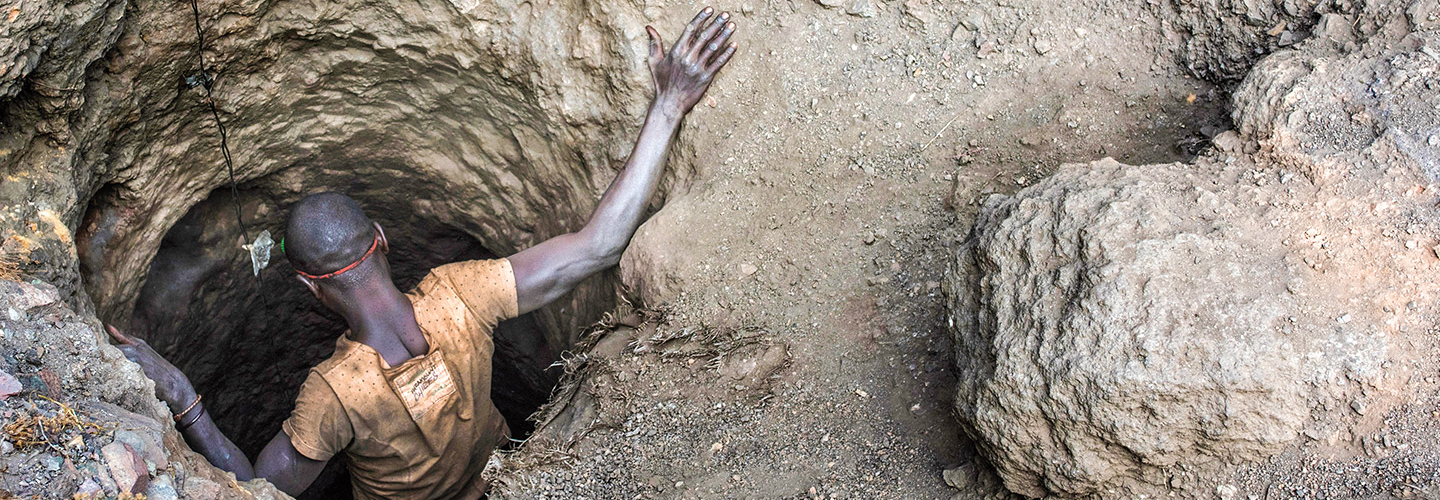Every day, millions of people casually turn on a smartphone or laptop. The screens light up almost instantly, allowing people to study, work, or connect with friends anywhere at any time. But many people don’t realize that this familiar act is made possible thanks to miners in the Democratic Republic of the Congo. The DRC, as it is also called, is a country in Central Africa (see map). The miners work in dangerous conditions to collect cobalt (Co), an essential ingredient in the rechargeable batteries that power electronic devices.
Cobalt is a toxic material that can cause serious health problems. Miners—some as young as 7—gather it wearing no protective gear. The work is also problematic for people living near mining operations. Pollution from cobalt production contaminates residents’ homes and food supplies. And experts say that the problems surrounding cobalt mining may worsen as consumer demand for electronics continues to grow.
Every day, millions of people turn on a smartphone or laptop. The screens light up almost instantly. People can study, work, or connect with friends anywhere at any time. But many people don’t know that this simple act is made possible by miners in the Democratic Republic of the Congo. The DRC, as it is also called, is a country in Central Africa. The miners work in dangerous conditions to collect cobalt (Co). This metal is an important ingredient in the rechargeable batteries that power electronic devices.
Cobalt is a toxic material that can cause serious health problems. Miners wear no protective gear when they gather it. Some are as young as 7. The work also causes problems for people living near mining operations. Pollution from mining gets into their homes and food supplies. And experts say that the problems linked to cobalt mining may get worse. The reason? Shoppers’ demand for electronics keeps growing.

